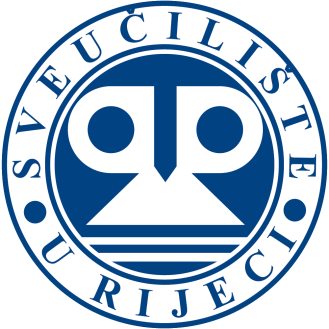The role of adipose tissue in multiple myeloma angiogenesis
Principal Investigator: Associate Professor Toni Valković
Department: Department of Internal Medicine, Faculty of Medicine
Institution: University of Rijeka, Croatia
Tag: 13.06.1.3.47
Key words: adipose tissue, multiple myeloma, angiogenesis
Multiple myeloma (MM) is one of the most common, still incurable hematological neoplasm. The interaction between neoplastic cells and microenvironment of the bone marrow is critical for the progression and treatment of disease. One of the component of myeloma microenvironment is adipose tissue and it's pathogenic role is still unknown, with the exception of melanoma model (Wagner M et al. Angiogenesis 2012;15:481-95). In the retrospective part of this project bone marrow biopsies from 60 myeloma patients diagnosed and treated in the last 5 years on the Department of Pathology, Medical School of Rijeka and Department of Hematology, University School of Rijeka, will be used for assessment of several parameters of adipose tissue such as: the size of fat cells, angiogenesis. fibrosis, infiltration of adipose tissue with M1 and M2 macrophages, expression of Vascular Endothelial Growth Factor (VEGF), osteopontin (OPN) and basic Fibroblast Growth Factor (bFGF) in the adipose tissue. The standard pathological and immunohistochemical methods, as well as image analysis will be used. The same parameters of 30 healthy persons will be analyzed. All these parameters will be correlated with survival and standard prognostic factors with the purpose to see whether these parameters of adipose tissue have some prognostic potential. In the prospective part of the project, the adipose tissue from 30 patients with MM will be collected from bone marrow aspirates using method of micro-dissection. By RT-PCR, the DNA will be extracted and cDNK of VEGF, OPN and bFGF will be tested and compared with adipose tissue from controls with the purpose to evaluate the capacity of adipose tissue to produce angiogenic cytokines. The results of present investigation can contribute to the understanding the role of adipose tissue in the biology, especially angiogenesis, of MM. This project justifies the importance of recently established tumor bank within TransMedRi project, which includes also MM.



